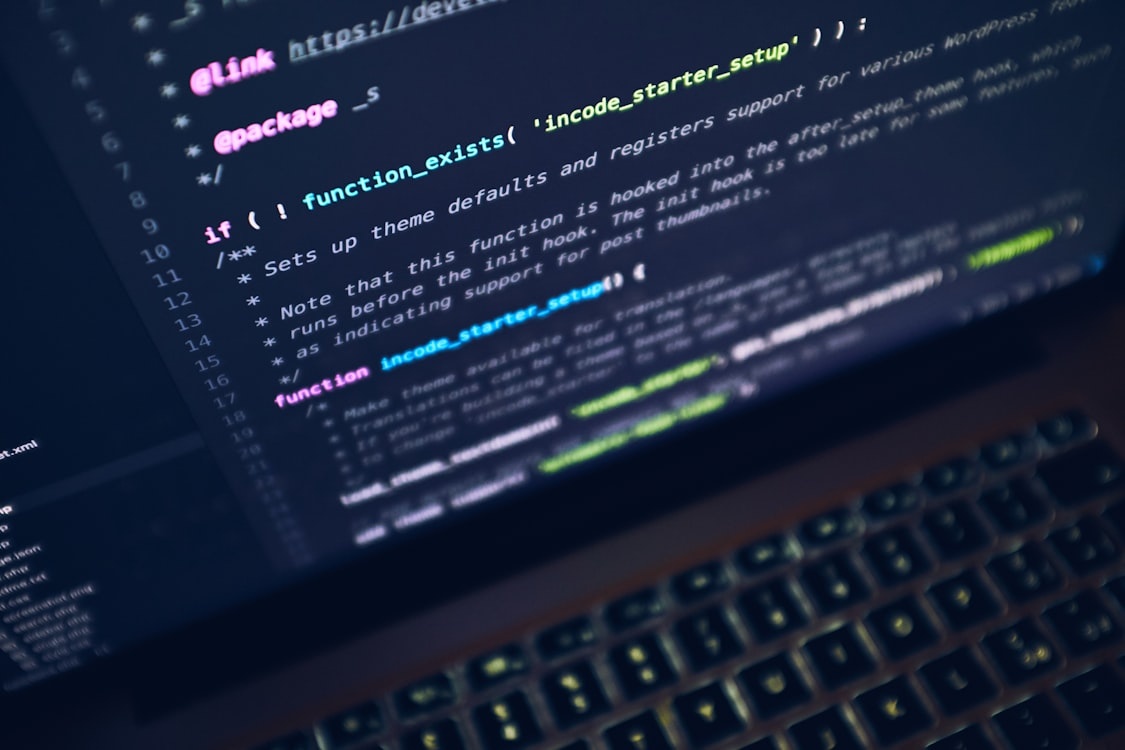March 26, 2025

Did you know that restaurants lose up to 30% of potential revenue due to inefficient reservation management? This staggering statistic highlights the critical need for smarter solutions in the food service industry. As technology advances, AI-powered restaurant reservations are becoming a game-changer for businesses looking to maximize their table turnover and customer satisfaction.
Gone are the days of paper booking systems and overwhelmed staff juggling phone calls. Today's restaurants are turning to intelligent software that can handle reservations 24/7, reduce no-shows, and even predict busy periods. Let's dive into how these systems are transforming the dining experience for both customers and restaurant owners.
AI-powered reservation systems offer a multitude of advantages:
These systems can analyze patterns in reservation data to help restaurants optimize their seating arrangements and staffing levels. This leads to smoother operations and happier diners.
As seen in the video above, experts are debating the rise of AI-powered bookings in the restaurant industry. The consensus is clear: AI is not just a trend, but a necessary evolution in how restaurants manage their reservations.
AI-powered systems can handle multiple reservations simultaneously, something that's challenging for human staff during peak hours. Here's how they work:
This streamlined process reduces wait times and minimizes the risk of double-bookings or miscommunications. It's a win-win for both the restaurant and its patrons.
One of the most exciting aspects of AI-powered restaurant reservations is the ability to personalize the dining experience. These systems can:
By leveraging this data, restaurants can create memorable experiences that keep diners coming back. It's like having a personal concierge for every customer, without the added staff costs.
No-shows can be a significant drain on a restaurant's resources. AI-powered systems tackle this issue head-on by:
These features have been shown to reduce no-show rates by up to 40% in some restaurants. That's a substantial improvement in table utilization and revenue.
For maximum efficiency, AI reservation systems should integrate seamlessly with other restaurant management tools. This includes:
When all these systems work together, restaurants can create a smooth, data-driven operation that enhances every aspect of the dining experience.
The video above demonstrates how a restaurant reservation system can be built and integrated with other tools. While this example uses SignalWire, there are various solutions available that can be tailored to a restaurant's specific needs.
AI-powered reservation systems don't just benefit customers; they're also a boon for staff management. These systems can:
By optimizing staff allocation, restaurants can ensure they're neither overstaffed during slow periods nor understaffed during rushes. This leads to better service and more efficient operations.
Transitioning to an AI-powered reservation system doesn't have to be daunting. Here are some steps to get started:
Remember, the goal is to enhance the human touch in your restaurant, not replace it. The right AI system should free up your staff to focus on providing exceptional in-person service.
AI-powered restaurant reservations are more than just a technological novelty; they're becoming essential tools for modern restaurants looking to thrive in a competitive market. By streamlining operations, personalizing customer experiences, and providing valuable insights, these systems can significantly boost a restaurant's efficiency and bottom line.
As we've explored, the benefits extend to every aspect of restaurant management, from reducing no-shows to optimizing staff schedules. For restaurants looking to stay ahead of the curve, implementing an AI reservation system is a smart move.
One solution worth considering is Loman.ai, an AI phone agent designed specifically for restaurants. It handles reservations, takes orders, and manages customer inquiries 24/7, integrating seamlessly with existing POS systems. While there are various options available, Loman.ai offers a comprehensive solution that addresses many of the challenges we've discussed.
Q: How much does an AI-powered reservation system typically cost?
A: Costs can vary widely depending on the features and scale of the system. Some solutions offer monthly subscriptions starting around $100, while more comprehensive systems may cost several hundred dollars per month. It's best to request quotes from providers based on your specific needs.
Q: Will AI reservations systems replace human staff?
A: No, the goal of these systems is to augment human capabilities, not replace them. They handle routine tasks, allowing staff to focus on providing personalized service and handling complex situations that require a human touch.
Q: How long does it take to implement an AI reservation system?
A: Implementation time can range from a few days to several weeks, depending on the complexity of the system and how well it integrates with your existing tools. Many providers offer support to ensure a smooth transition.
Q: Can AI reservation systems handle special requests or dietary restrictions?
A: Yes, most advanced AI systems can process and store information about special requests and dietary restrictions. They can flag these for staff attention and ensure that customer preferences are remembered for future visits.

Enter your information in the form to receive a call from Loman and place an order like a customer would!